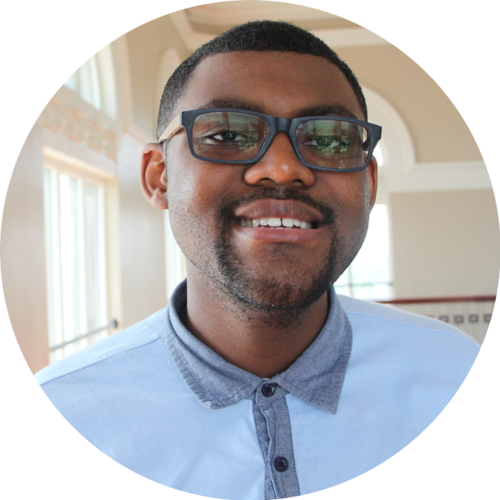Slow Food Chicago Brings People Together Through the Common Language of Food
Volunteers for Slow Food Chicago pose for a group photo.
Volunteers gathered on Oct. 12 at the preServe garden to help Slow Food Chicago achieve their mission of good, clean, and fair food.
Slow Food Chicago is a non profit organization that was founded on June 5, 2001. It is also the third largest chapter of Slow Food USA with 500 members and 5,000 supporters. They believe in a world where people can eat food that is good for them, good for the people who grow it, and good for the planet. The preServe garden is partnership between the low Food Chicago, the North Lawndale Greening Committee, Chicago Honey Co-Op (urban beekeeping proactive), and NeighborSpace (non profit urban land trust). Additionally, the garden was implemented in 2010 out of a desire to get more deeply involved in community gardening at a neighborhood level. The garden is located at 1231 S. Central Park Ave.
This past Saturday and the board of directors of Slow Food Chicago were at work harvesting crops such as crowder peas, sweet potatoes, black eyed peas, greens, and celery.
Dr. Shemuel Israel, president of the greening committee and fellow volunteer explained his fascination with gardening.
“One of the gardeners invited me to get some tomatoes. And I asked if they were homegrown and she said ‘yes.’ I used to write about the gardens and the gardeners. And I’ve always been interested in urban agriculture. So that’s how I got started,” he said.
Aside from being president, Dr. Israel practiced chiropractic for 28 years, specialized in biological healthcare and was a health columnist for the North Lawndale Community news, between 2000 and 2003.
Brekke Bounds, overseer of mob crops and preServe, appreciated the event Saturday because it provided a connection between people and food.
“What we’re trying to put out there into the world is that food is something for everyone. Everyone has to eat and I think lots of people feel a disconnection from it, they’re not interested in cooking and they don’t have experience growing. Then your only experience of food is as an eater and that can be really great.
Freshly picked sweet potatoes.
Moreover, Brekke indicated she would love more involvement from the community. “Most weeks will have neighbors stop by and have conversations and I think they know who we are. But there’s not as many people that are necessarily coming to the garden, as would be amazing.”
Stephanie Lackey, head of outreach and events, said she joined Slow Food Chicago because of her fascination with urban agriculture and planting. “I am really interested in learning more about urban agriculture and understanding how you can grow gardens like this in a big city like Chicago. I am really interested in sourcing, personally sourcing food that comes closer to where I live. So planting things in this garden and then harvesting them bringing them home and eating them myself is really intriguing to me and inspiring.”
Besides her interest in urban agriculture she shared the key to Slow Food Chicago’s success. “I think we've been able to show up more and develop further partnerships with other organizations and other businesses, and we've got a great partnership with Whole Foods that was just announced this year. So building those relationships, I think are key to our success.”
“It's a great way to meet people from different backgrounds, different experiences and share that common bond of food,” said Chelsea Callahan, vice president.



